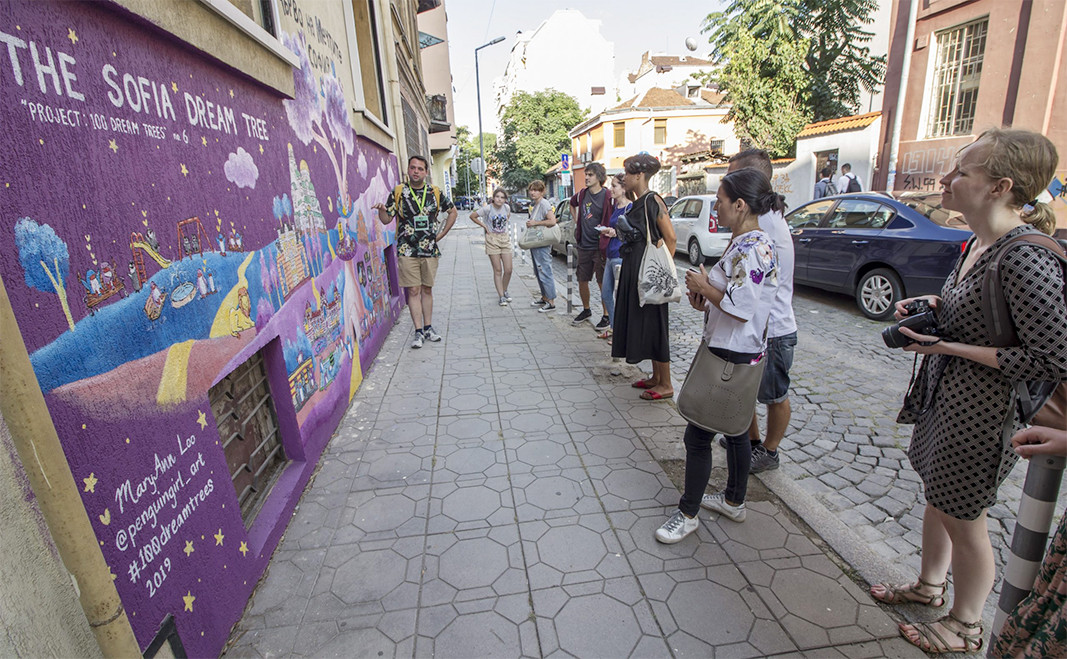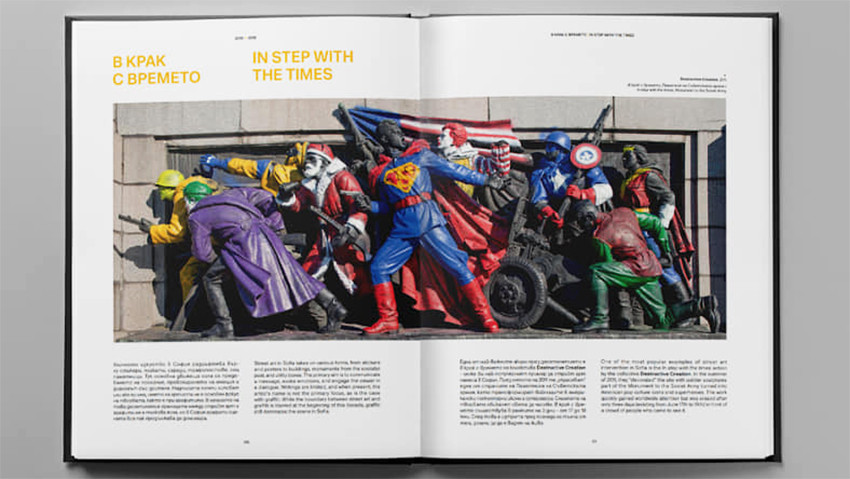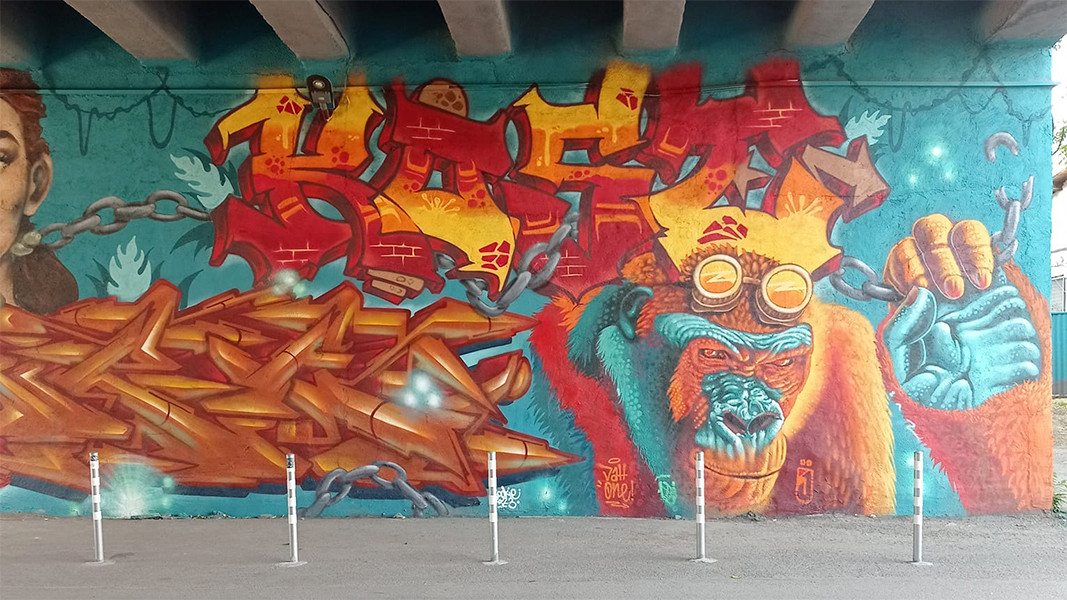





To celebrate the 120th anniversary of the birth of Bulgarian intellectual Dimitar Nenov, a screening of the music documentary Dimitar Nenov and the Dimensions of Elegance will take place on 11 November at the Consulate General of Bulgaria in New York,..
A special exhibition dedicated to the 140th anniversary of the Unification of the Principality of Bulgaria and Eastern Rumelia has been presented in the Latvian capital, Riga. “In a most noble way” is the motto of Bulgaria’s Unification of 1885,..
On 10 November, the European Music Festival will be offering music lovers a thrilling event. 2,500 years after the legendary Italian city of Naples was founded, Sofia will be celebrating the anniversary with a special event – a concert by Ars Nova..

+359 2 9336 661
